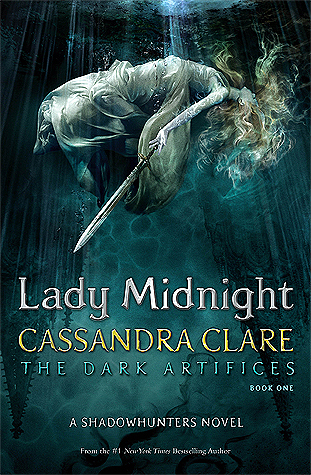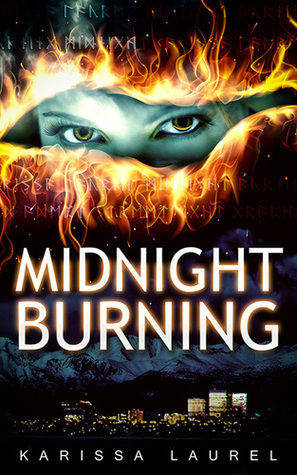
The rats made their massive colony inside the ruins of an abandoned motion picture palace, where for thirty long dark years, the aged blind leader ruled over them. A beloved figure held in high regard, he ruled with patience understanding justice and love. The new ruler of the colony offered little patience towards his subjects, and his punishments were harsh. As he conspired with determination to reach the top, it was all in vain, as forces worked against him to remove him from power and end his wretchedness. KINGDOM'S END is an extraordinary tale of courage and survival as seen through the eyes of the leading characters who are all rodents. This story is of their struggle to survive in an urban landscape where there is conflict at every turn and living in fear is part of their existence. The story reaches its harrowing climax when the colony must decide on life or death.
*May Contain Spoilers*
As the title suggests, Kingdom's End by Charles Blanchard, is the story of the slow demise of a sanctuary. Though the main characters are rats, mice, and other vermin, Blanchard creates a very human story through the lives of these animals. A story of loyalty, corruption, ambition, mortality, and fortune-telling, Kingdom's End is an intriguing fantasy built with personification and fatal flaws.
There are various main characters in this book, as well as characters that don't have a big part but play a huge role in the storyline. Indio is probably one of the most important characters, as he is the ruler of the rat colony that lives in the Crown Jewel, a decaying theater. Indio is fair, just, even-tempered, trusting, and believes in creating a place with laws and accountability for his species. Indio is considered to be the wisest rat alive, as he has survived thirty human years, much longer than any other rat. His guidance is favored and he is well respected throughout the colony and the city. Though, admittedly, it is difficult to form a connection with a rat, but his human qualities of understanding and equality, with a focus on preservation and fairness, make Indio a character to be respected.
Matthias, on the other hand, is the villain of this story and will probably not be respected by many readers. His ambition pushes him to commit atrocious acts against his fellow rats, including murder. Matthias has always wanted to be leader of the colony, but he doesn't truly understand what that means. This goal prompts him to be the best security team leader he can be, in order to gain respect and trust from Indio. He then uses this trust to betray Indio in order to claim the throne for himself. His ambitions and cruel methods of reaching his goals create chaos and fear within the colony. Readers will not like Matthias and this will lead them to root for Bartholomew, the rat who is destined to be his undoing.
Throughout the story, Bartholomew grows from a spontaneous young rat to a rat who fights for what he believes in and a rat who uses morality as his guide. Bartholomew learns that he is destined to save the colony from Matthias, but must be careful to stay under the radar. As Bartholomew grows, he gains more human characteristics, eventually becoming a character that also deserves respect.
While the novel does focus around the shifting balance of power, there are other side plots included. There's a fortune-telling rat, Hildegard, who comes in handy with her accurate predictions as well as derelict mice who both help and harm. These digressions create a more three-dimensional world that these rats live in, with threats appearing daily. One main threat to the colony, besides Matthias, is the story of the exterminators. The Crown Jewel is set to be destroyed, but first the rat infestation must be taken care of. This puts a time restraint on the power struggle between Indio, Matthias, and Bartholomew, adding a little pressure to the story line and a little more entertainment for readers.
Though Kingdom's End is a novel about a rat colony, it conveys a deeper human struggle within the often disliked species. The book challenges ideas about acceptance, morality, mortality, loyalty, and more, while adhering to the guidelines that apply to the rat as an animal. In warning, the book does contain some graphic descriptions of death and decay that are, at times, disturbing. It also explains some traditions and punishments that are not at all applicable to the rules of human action. Blanchard does a good job in keeping the story about rats and not making them too human. I wouldn't recommend this book to everyone, but I do think it's an interesting book that offers a fresh perspective on the idea of a Kingdom and what it means to be a ruler.
Rating: 3/5 Cups















